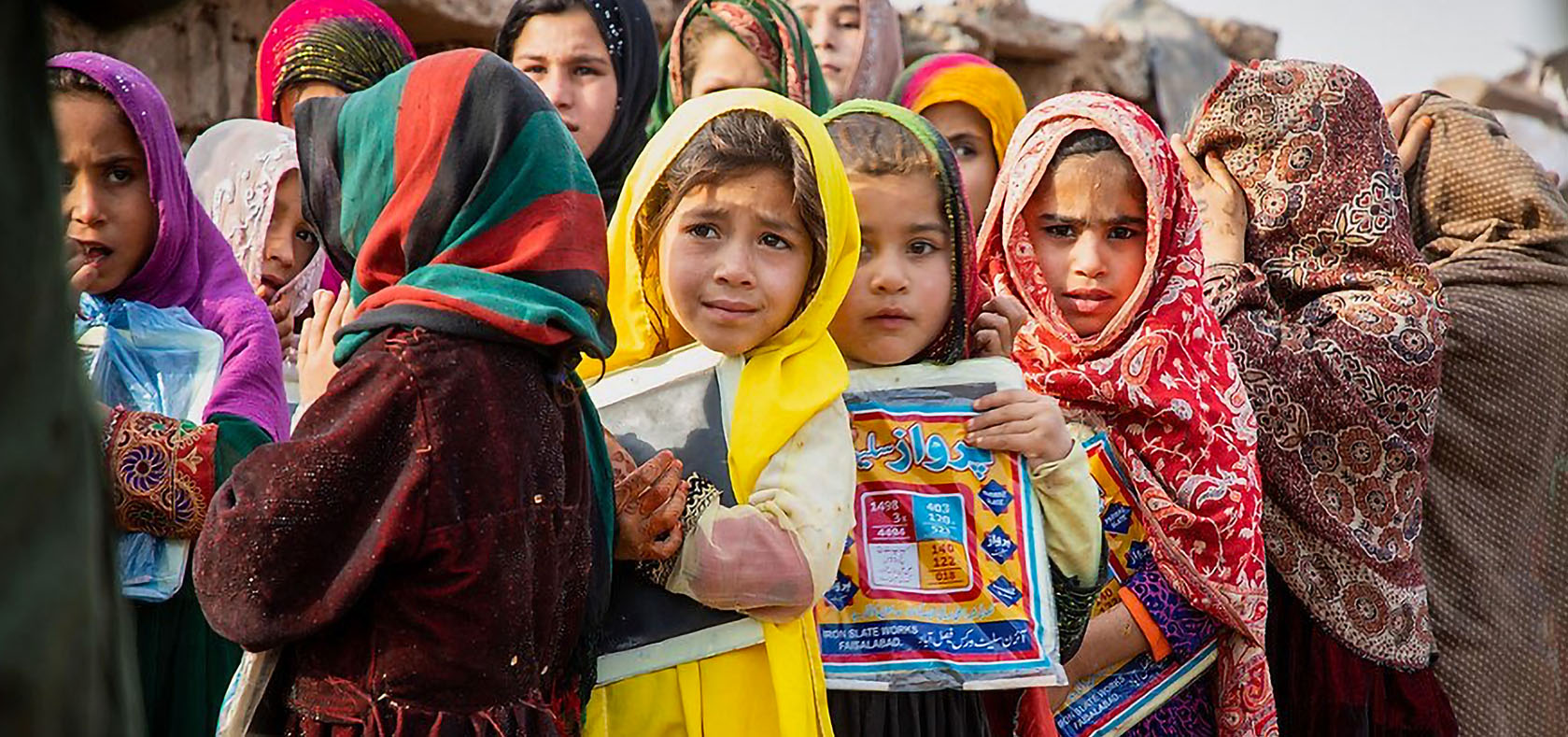About

Pakistan is the world’s fifth most populous country and the second largest South Asian country.
The sixth Population and Housing Census held in 2017 reveals Pakistan's population has increased by 57 per cent, from 132.3 million in 1998 to 207.7 million. The Census also shows that men have outnumbered women, where men are 51 per cent of the total population and women are 49 per cent.
Pakistan has adopted a number of key international commitments to gender equality and women’s human rights – the Universal Declaration of Human Rights, Beijing Platform for Action, the Convention on the Elimination of all forms of Discrimination Against Women, and the Sustainable Development Goals.
National commitments in place include a National Policy for Development and Empowerment of Women, Protection against Harassment of Women at Workplace Act, Criminal Law (Amendment) (Offences in the name or pretext of Honour) Act, Criminal Law (Amendment) (Offences Relating to Rape) and a National Plan of Action on Human Rights. Local commitments adopted include Gender Equality Policy Frameworks and Women’s Empowerment Packages and Initiatives.
Despite these commitments, Pakistan’s ranking for gender equality remains one of the lowest in the world.
With gender equality and women’s empowerment being at the heart of the 2030 Agenda for Sustainable Development, UN Women in Pakistan is working with its partners to ensure:
- An enabling environment to translate, monitor and report on implementation of gender equality and women’s empowerment commitments
- Gender responsive plans, policies and systems of governance with institutions being more accessible to and delivering equally for women and girls
- An environment where women benefit from decent work, income security and socio-economic development
- A safe environment where women and girls can live a life free from violence in private and public spaces, and survivors are able to access quality essential services
Principles guiding the work of UN Women in Pakistan are:
- A human rights-based approach and leaving no one behind
- National and local ownership aligned with priorities
- Leveraging mutually reinforcing benefits
- Acting as a catalyst and promoting United Nations coherence
- Accountability for results, transparency and cost effectiveness